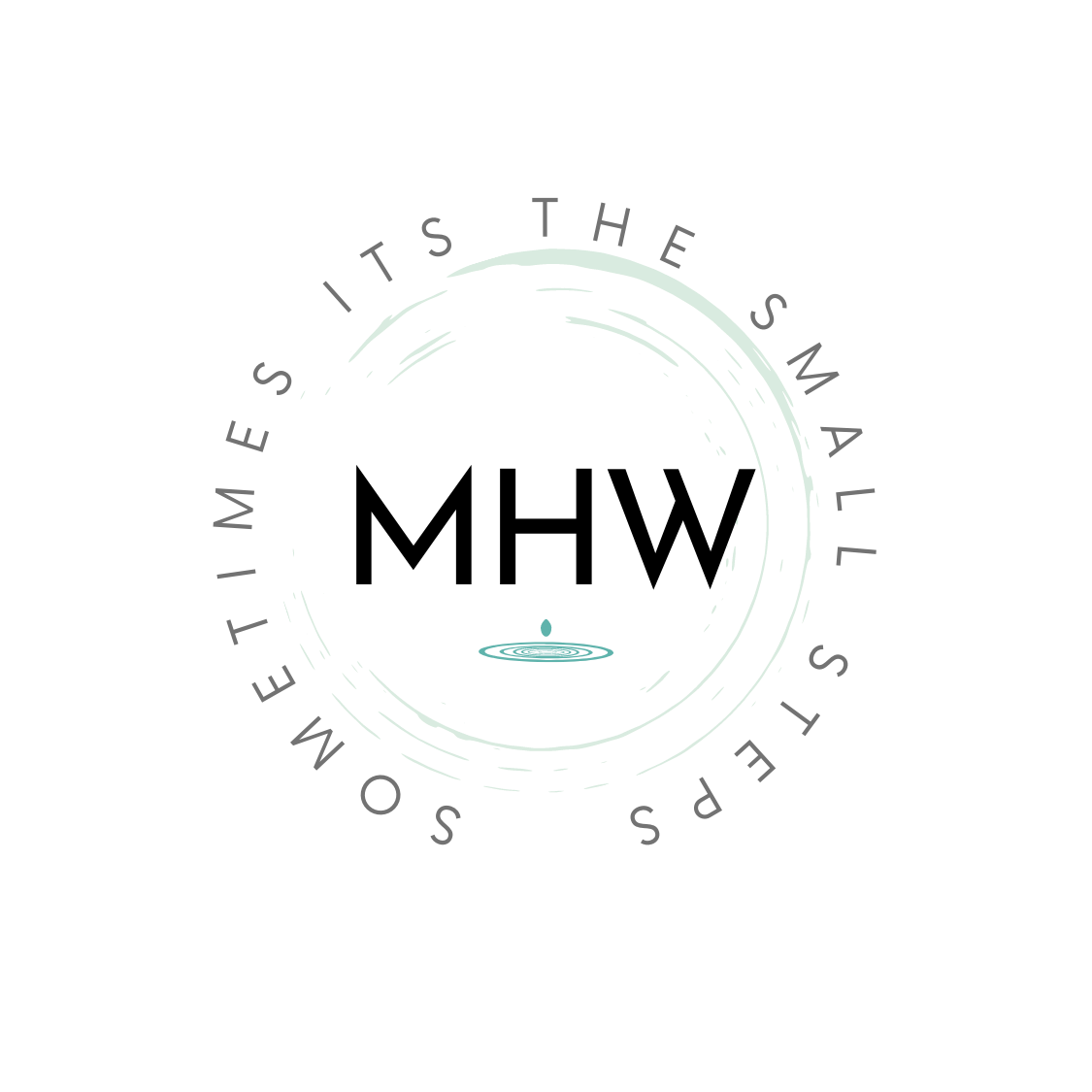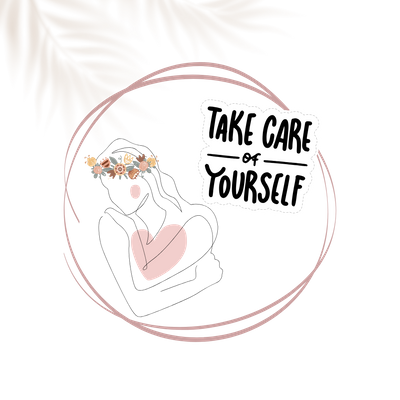Living in a world where injustice, violence, and systemic oppression are daily realities—especially for marginalized communities—can take a real toll on our bodies, minds, and spirits.
When we are confronted with news of human rights violations, political attacks on our identities, rising global crises, and social unrest, it’s natural to feel flooded.
Feeling overwhelmed, unsafe, or anxious in response to this isn’t a personal failing—it’s an appropriate, human response to an unjust world.
And yet, for many of us, tuning out entirely doesn’t feel like an option. We care deeply. We want to stay informed. We want to do our part. But the constant exposure to harm—especially when it directly impacts our community—can lead to emotional burnout, nervous system dysregulation, and a sense of powerlessness.
So how do we stay present, informed, and engaged without drowning?
Here are some thoughts and tips that center an anti-oppressive lens, honoring both your need to stay informed and your right to care for yourself.
🌍 1. It’s Not “Too Much”—It Is Too Much
If you’re feeling overwhelmed, it’s not because you’re too sensitive or can’t handle the truth—it’s because what’s happening is unjust, harmful, and in many cases, terrifying. You are not overreacting.
Giving yourself permission to name what’s happening as violent, oppressive, or harmful is a radical act of self-honesty and resistance. Dominant culture often encourages us to minimize or intellectualize our responses to pain. But it’s okay to say:
This hurts, and I’m not okay right now.
You don’t need to be “resilient” all the time. Sometimes the most courageous thing you can do is simply acknowledge: this is too much.
📵 2. Set Boundaries with the News—Without Disconnecting
Staying informed doesn’t mean you have to consume every headline or scroll endlessly through distressing updates. Constant news exposure doesn’t make you more engaged—it makes you more overwhelmed.
Instead, try to:
Choose one or two trusted sources and check them once a day.
Curate your feed (unfollow or mute accounts that repost trauma content without warnings).
Subscribe to roundups or email digests that give you important info without sensationalism.
Follow educators and activists who offer thoughtful context and action steps—not just crisis.
Take breaks without guilt. Resting your nervous system helps you stay engaged longer.
Tuning in on your terms is not avoidance—it’s strategy.
💛 3. Honor Both Grief and Rage
If you’re grieving, enraged, or afraid—you’re not alone. These feelings are not weaknesses; they are evidence of your humanity.
There is no “right” way to process these emotions. You can:
Cry.
Journal.
Scream into a pillow.
Talk to a friend who gets it.
Let your body move through the feeling with shaking, walking, dancing, or stillness.
Anti-oppression work doesn’t mean numbing out or “staying strong”—it means feeling what needs to be felt, because ignoring it only serves the systems we’re trying to resist.
🧠 4. Balance Awareness with Nourishment
Being aware of injustice is part of the work—but so is tending to your own well-being. You cannot pour from an empty cup.
Consider:
Watching or reading something that reminds you of beauty or joy
Cooking or eating food that connects you to your culture or community
Spending time with people who validate your experience, where you don’t need to explain your fear or anger
Holding small rituals—lighting a candle, playing music, being outside
These moments of nourishment don’t negate your awareness—they help you sustain it.
🤝 5. Find Collective Care and Community
Oppression thrives in isolation. Resistance lives in community.
Find others who share your values—people you can connect with in mutual aid groups, grassroots organizing, healing spaces, or online communities. Reach out to friends who understand your identity and experience. Talk to people who can hold space for your grief and rage without trying to fix or dismiss it.
You are not meant to do this alone.
Solidarity doesn’t mean you have all the answers. It means you show up with your presence and your care. It means saying: we hold this together.
🛑 6. Remember: It’s Okay to Tap Out Sometimes
You’re allowed to take breaks. To log off. To step away. Systems of power want you to burn out. Capitalism and white supremacy want you to overextend yourself until you collapse.
Taking care of your body, your mind, your spirit—that’s not selfish. That’s resistance.
You are not abandoning the cause when you step away to breathe. You are preserving your ability to return with strength.
Mantra: “I am allowed to rest. I am allowed to feel safe. I am allowed to step away.”
🌱 7. Create a “Safety Ritual” for When You Feel Overwhelmed
When everything feels unsafe, having small rituals can help bring you back to yourself. This doesn’t have to be complicated—simple, sensory grounding tools can be incredibly effective.
Try:
Holding a warm mug of tea and naming 5 things you can see
Putting your feet flat on the ground and saying, “I am here. I am real. I am safe in this moment.”
Carrying a grounding object (stone, bead, photo) as a reminder of something that steadies you
Looking out the window and noticing something natural—a bird, tree, cloud, or breeze
Let these moments remind your nervous system that you are still here. You are still you. You are still worthy of peace.
❤️ 8. You Deserve to Exist, to Rest, and to Heal
Especially if you’re part of a marginalized group, this world may send the message that your rest isn’t valid. That your feelings are “too much.” That your humanity is conditional.
That’s a lie born of oppression.
You are allowed to exist fully.
You are allowed to feel deeply.
You are allowed to take up space.
You are allowed to rest.
You are allowed to heal.
Your right to be here and care for yourself is not up for debate.
You are not responsible for saving the world alone.
You’re allowed to live, to love, to grieve, and to heal.
Take away:
Your overwhelm is not weakness—it is awareness, let that awareness move through you, not bury you.
You are allowed to hold both:
the pain of the world
and your own breath, joy, softness, and peace
If this resonates, we invite you to revisit it whenever you need to come back to yourself.

